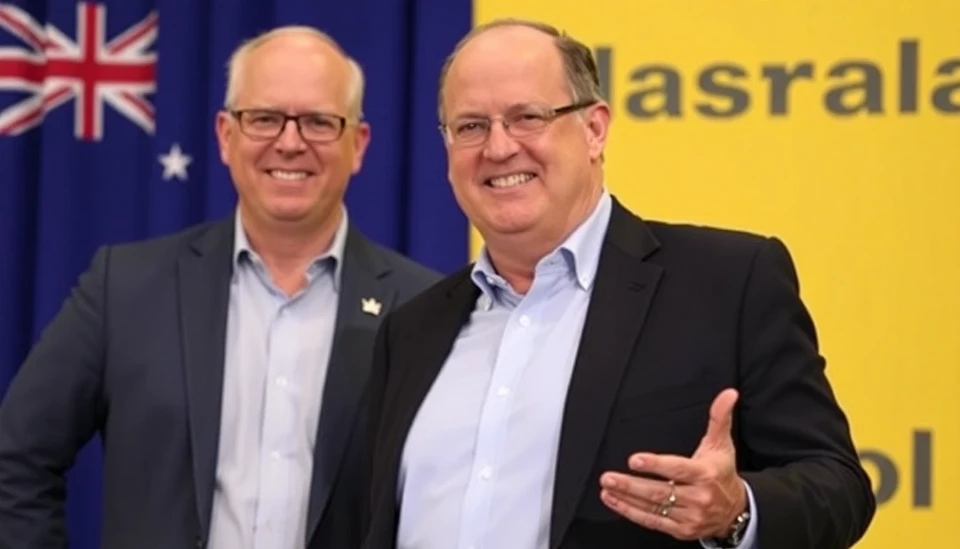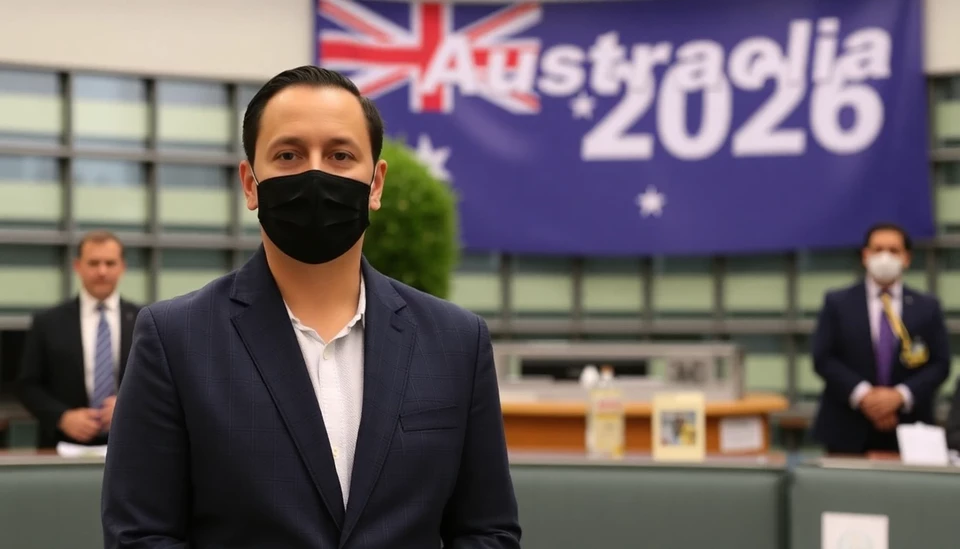
In an encouraging trend for the Australian economy, recent data has revealed a significant increase in household spending across the nation, driven primarily by a surge in attendance at sporting events and concerts. This uptick in expenditure paints a promising picture of consumer confidence, with individuals eager to enjoy leisure activities after a lengthy period of pandemic restrictions.
According to the latest figures released by the Australian Bureau of Statistics, household consumption rose sharply, marking an uptick that analysts attribute to the vibrant atmosphere surrounding recent major events. The increase in discretionary spending reflects not only a willingness to engage in public gatherings but also a rebound in the broader economy as restrictions have been eased.
Events such as the recently concluded AFL Grand Final and popular music concerts have become focal points for Australian entertainment, enticing fans to spend on tickets, merchandise, and associated activities such as dining and travel. This social revival is seen as a catalyst for growth, reinvigorating local businesses that have been struggling through previous downturns.
Specifically, sectors directly linked to recreational activities showed remarkable gains, contributing to a better-than-expected performance in retail sales. As consumers flock to stadiums and arenas, they bring with them increased spending power that has a multiplier effect on the economy, benefiting everything from hospitality services to transport providers.
Experts urge cautious optimism, suggesting that while the current wave of spending is a positive indicator, sustainability remains critical. Continued growth will rely on various factors, including employment rates, inflation, and the overall health of global markets. Economists will be closely monitoring these trends as the holiday season approaches and businesses prepare for what they hope will be a robust end to the year.
The surge in spending showcases an important shift in consumer patterns, with Australians expressing a strong desire to reconnect through collective experiences. As more events have been added to the calendar and venues return to full capacity, the potential for further growth in this arena seems bright.
Local businesses are poised to capitalize on this renewed interest in live events, encouraging a ripple effect in the economy. As entertainment recovers, it is anticipated that associated industries, like tourism, will also benefit, creating a robust ecosystem of interconnected sectors that thrive together.
As we look ahead, the stakes are high. The Australian government and economic policymakers are keen to foster an environment that supports continued growth in consumer spending, necessary for a sustained economic recovery. Future policies may need to focus on enhancing infrastructure, supporting local events, and encouraging tourism, all critical components for sustained economic vitality.
In conclusion, the remarkable surge in household spending on sporting events and concerts is a sign of economic resilience and optimism among Australians. As the world gradually transitions back to normalcy, what remains to be seen is how long this trend can sustain itself amidst ongoing global uncertainties.
#Australia #EconomicGrowth #ConsumerSpending #LiveEvents #AFLGrandFinal #Concerts #RetailSales #EconomicRecovery #PandemicImpact #LocalBusinesses
Author: Daniel Foster




